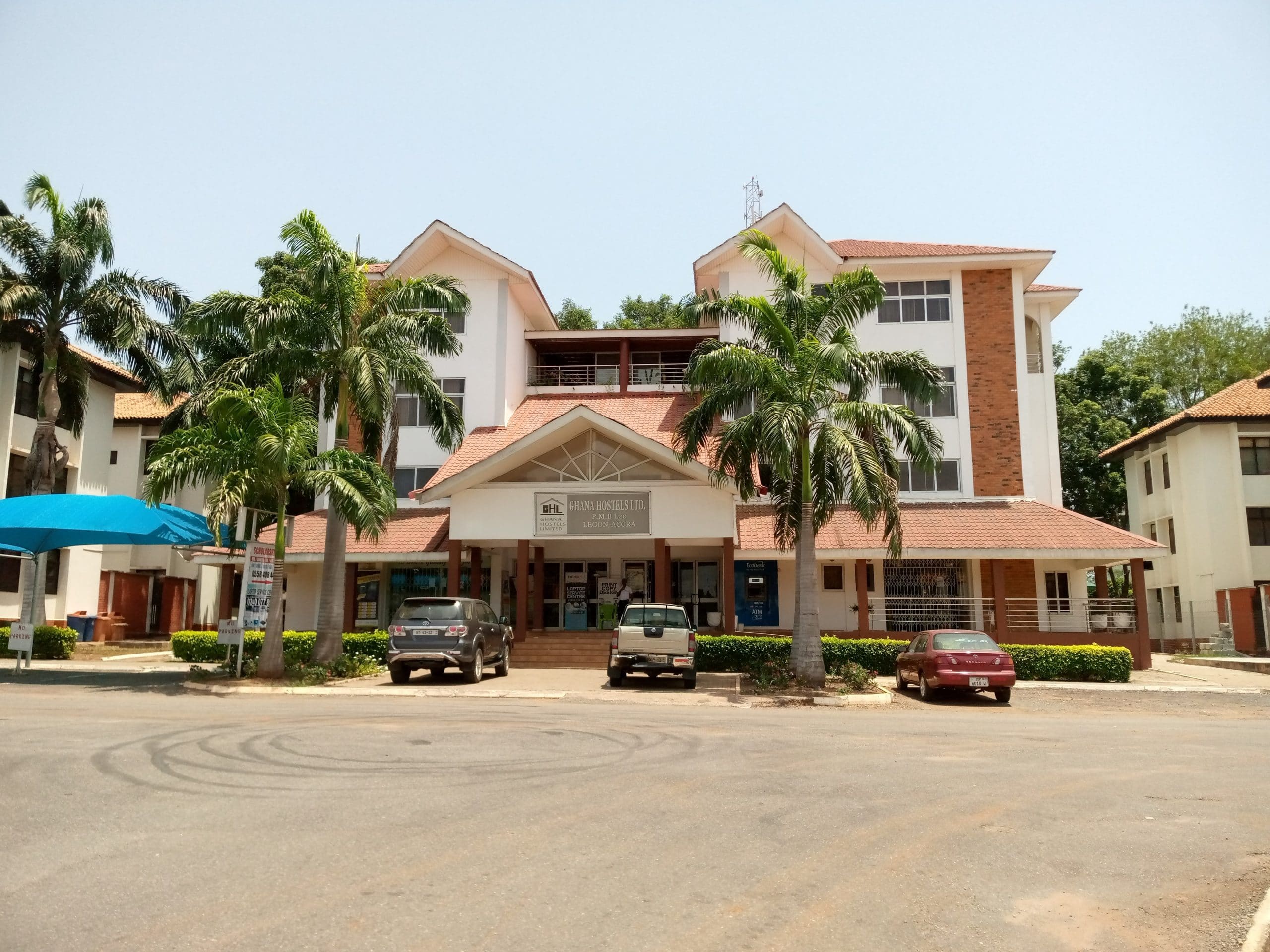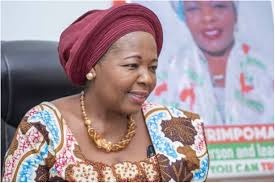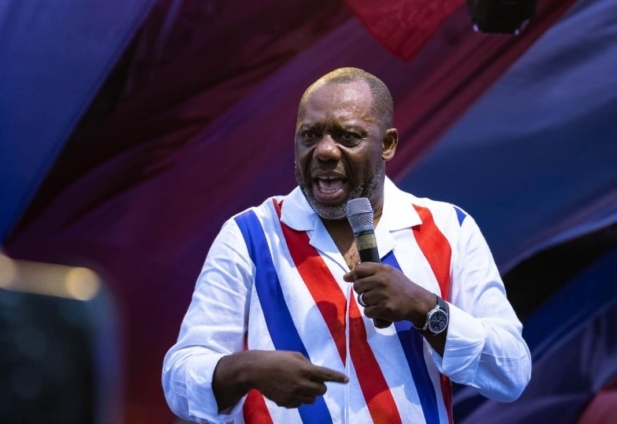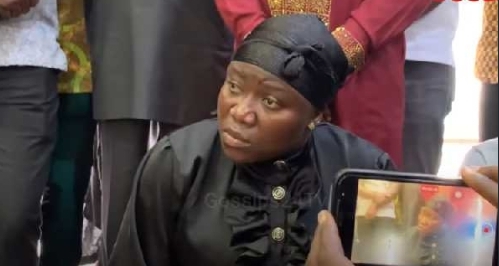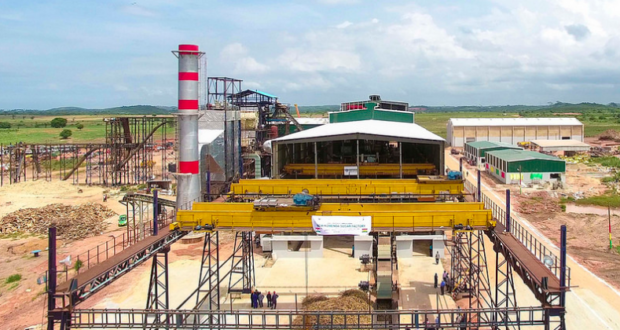A call to save Ghana’s water bodies on occasion of World Rivers Day
Rivers are vital components of our ecosystem, providing numerous benefits: Environmental Importance: * Habitat for aquatic life * Water cycle regulation * Water filtration and purification * Soil erosion prevention * Carbon sequestration Economic Importance: * Transportation and trade * Hydroelectric power generation * Irrigation for agriculture * Fishing and aquaculture industries * Tourism and […]

Rivers are vital components of our ecosystem, providing numerous benefits:
Environmental Importance:
* Habitat for aquatic life
* Water cycle regulation
* Water filtration and purification
* Soil erosion prevention
* Carbon sequestration
Economic Importance:

* Transportation and trade
* Hydroelectric power generation
* Irrigation for agriculture
* Fishing and aquaculture industries
* Tourism and recreation
*Social Importance:
* Drinking water supply
* Sanitation and waste management
* Food security
* Cultural and spiritual significance
* Community development and livelihoods
*Recreational Importance:

* Boating and fishing
* Swimming and water sports
* Hiking and camping
* Scenic beauty and tourism
* Relaxation and stress relief
*Ecological Services:
* Flood control
* Water quality maintenance
* Sediment transport
* Nutrient cycling
* Biodiversity conservation
Rivers play a crucial role in maintaining the health of the planet. It’s essential to protect and conserve river ecosystems for future generations.
The Volta River is the longest river in Ghana and one of the most important rivers in West Africa.
*Location:

The Volta River originates in the Burkina Faso highlands and flows south through Ghana, emptying into the Gulf of Guinea.
Length:

Approximately 1,500 km (932 miles) long.
*Tributaries:*
1. Black Volta
2. White Volta
3. Oti River
Dams
1. Akosombo Dam (1965)
2. Kpong Dam (1982)
Importance:
* Hydroelectric power generation (Akosombo Dam provides 60% of Ghana’s electricity)
* Irrigation for agriculture
* Fishing industry
* Transportation and trade
* Water supply for drinking and industrial use
* Supports biodiversity and ecosystem services
Challenges:

* Climate change impacts (droughts, flooding)
* Water pollution (industrial, agricultural runoff)
* Overfishing
* Dam management and sedimentation
Tourism and attractions:
* Volta Lake (largest man-made lake in the world)
* Akosombo Dam
* Kpong Dam
* Volta River Estuary (birdwatching, fishing)
* Traditional fishing communities
Cultural significance:
The Volta River holds spiritual and cultural significance for the people of Ghana, particularly the Ewe and Akan tribes.
Cultural Significance of the Volta River:

The Volta River holds deep cultural significance for the people of Ghana, particularly the Ewe and Akan tribes.
Spiritual Significance:
* Sacred River: The Volta River is considered sacred and revered by many communities.
* Ancestral worship: The river is believed to be inhabited by ancestral spirits.
* Rituals and sacrifices: Traditional rituals and sacrifices are performed along the river.
Traditional Practices:
* Fishing: Fishing is a vital livelihood for many communities.
* Agriculture: The river’s fertile banks support agriculture.
* Transportation: The river serves as a transportation route.
Cultural Festivals:
* Asafotufiami Festival (Ewe people): Celebrates the river’s bounty.
* Aboakyere Festival (Winneba people): Honors the river’s spiritual significance.
* Odwira Festival (Akan people): Marks the river’s importance in agriculture.
Mythology and Legends:
* River goddess: The Volta River is associated with a powerful goddess.
* Origin stories: The river’s creation myths are deeply rooted in local folklore.
* Legendary creatures: Stories of mythical creatures, like the “Mami Wata” (water spirit), abound.
Art and Symbolism:
* River-inspired art: Traditional art often depicts the river’s beauty.
* Symbolism: The river represents life, fertility, and spiritual connection.
Community Identity:
* River-based communities: Many communities define themselves by their relationship with the river.
* Shared heritage: The river unites people across generations.
Challenges and Preservation:

* Cultural erosion: Modernization threatens traditional practices.
* Environmental degradation: Pollution and overfishing harm the river’s ecosystem.
* Preservation efforts: Initiatives to protect the river’s cultural and environmental significance.
The Volta River’s cultural significance is intertwined with the lives of the people who depend on it. Efforts to preserve its cultural and environmental importance are crucial.
What's Your Reaction?
















